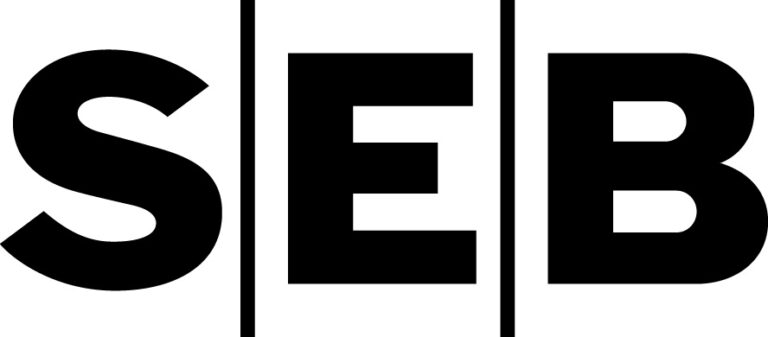En gång hade Norden ett försprång när det gäller avancerade modeller för sådant som riskselektion och prissättning. Detta är inte lika påtagligt i dag. Men skandinaviska bolag har en potential att ta tillbaka försprånget genom att utnyttja dagens AI-teknik på rätt sätt, skriver Fredrik Weibull — rådgivare för företag inom riskkapital och finanssektorn och en av paneldeltagarna vid Insurance Evolutions nätverksträff den 20 november. (Krönikan är skriven på författarens arbetsspråk engelska.)
Här anmäler du dig till nätverksträffen den 20 november!
Artificial Intelligence: A Paradigm Shift for the Insurance Sector
For decades, advancements in technology and data have empowered insurance companies to achieve greater precision in risk pricing, more efficient operations, and stronger customer connections. Now, Artificial Intelligence will take these capabilities to the next level.
The Nordic region once stood at the forefront of digital and data-driven insurance. Nearly twenty years ago, while at Trygg-Hansa, we developed cutting-edge sales prediction models and pricing engines that could generate a motor premium with minimal manual entry. By combining external data with dozens of variables, we were able to deliver results in seconds. Later, at Storebrand, we investigated how data could fuel cross-selling and engineered digital services designed to simultaneously address diverse customer requirements.
At the time, these seemed like major leaps. However, that early advantage has since diminished. Many AI initiatives have stalled at the pilot stage, failing to be fully woven into the day-to-day work of sales and service teams, underwriters, technology platforms, or claims handlers. Meanwhile, more substantial progress has been realized in other global markets.
Scandinavia’s established history of leveraging data to transform insurance should serve as a powerful catalyst for embracing this new shift.
Insurance is, by its nature, a regulated industry. Maintaining effective oversight and accountability remains critical. Regulators insist on transparency, and ultimate responsibility rests with the board, even when a system makes the final decision. This framework should be viewed not as a constraint, but as a crucial foundation for trust. Companies that pair their AI adoption with robust governance will not only satisfy compliance requirements but also build confidence among customers, regulators, and investors alike.
BCG research suggests the algorithm itself accounts for only about 10 percent of the implementation challenge; data and systems make up roughly 20 percent; and the remaining 70 percent lies with people and processes. I have witnessed this dynamic repeatedly across various markets around the globe. Without clear leadership commitment and genuine business ownership, even the best model could go unused. The firms that succeed are those that seamlessly integrate AI into their standard workflow, rather than treating it as an ancillary project.
Insurance has always been fundamentally about foresight anticipating risks before they emerge. AI significantly enhances this capability. Leveraging AI effectively demands courage: the resolve to invest, to persevere, and to fundamentally rethink both business models and operational practices.
If Scandinavian insurers commit to embracing this transformation, they can secure an advantage over both their current competitors and the future wave of market entrants.
Fredrik Weibull
September 2025
London
























































